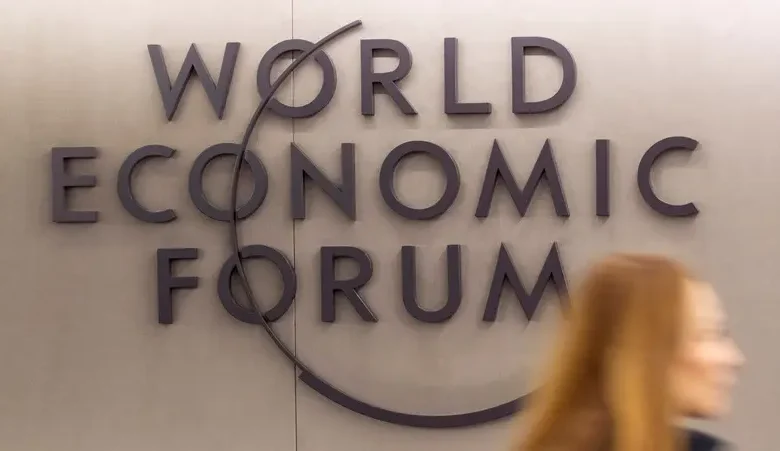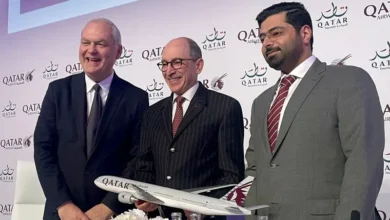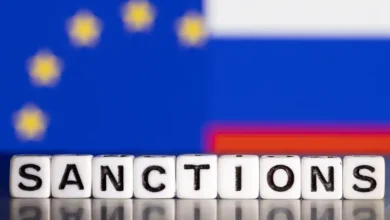Global recession seen likely in 2023: World Economic Forum survey

Two-thirds of private and public sector chief economists surveyed by the World Economic Forum (WEF) expect a global recession in 2023, the Davos-organizer said on Monday as business and government leaders gathered for its annual meeting.
Some 18 percent considered a world recession “extremely likely” – more than twice as many as in the previous survey conducted in September 2022. Only one-third of respondents to the survey viewed it as unlikely this year.
“The current high inflation, low growth, high debt and high fragmentation environment reduces incentives for the investments needed to get back to growth and raise living standards for the world’s most vulnerable,” WEF Managing Director Saadia Zahidi said in a statement accompanying the survey results.
The organization’s survey was based on 22 responses from a group of senior economists drawn from international agencies including the International Monetary Fund, investment banks, multinationals and reinsurance groups.
The survey comes after the World Bank last week slashed its 2023 growth forecasts to levels close to recession for many countries as the impact of central bank rate hikes intensifies, Russia’s war in Ukraine continues, and the world’s major economic engines sputter.
Definitions of what constitutes recession differ around the world but generally include the prospect of shrinking economies, possibly with high inflation in a “stagflation” scenario.
On inflation, the WEF survey saw large regional variations: the proportion expecting high inflation in 2023 ranged from just 5 percent for China to 57 percent for Europe, where the impact of last year’s rise in energy prices has spread to the wider economy.
A majority of the economists see further monetary policy tightening in Europe and the US (59 percent and 55 percent, respectively), with policy-makers caught between the risks of tightening too much or too little.










